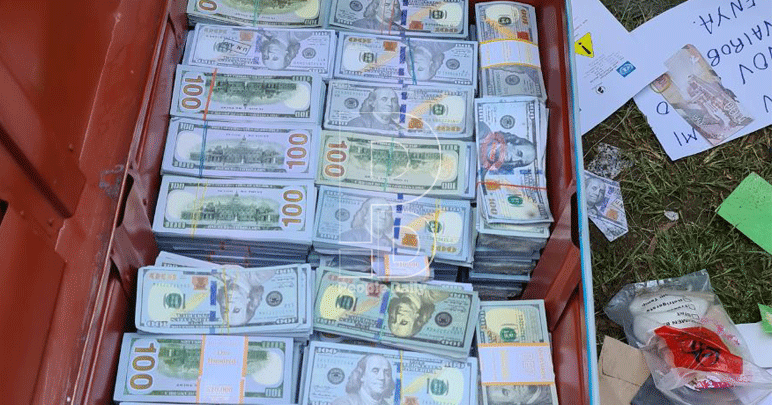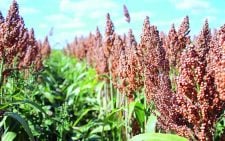Let’s safeguard consumers from illicit trade

Illicit trade is a long-standing issue, growing in scope and magnitude and derailing economic development.
It not only threatens the welfare of consumers but also erodes the market share of genuine manufactured products and threatens the expansion of industries.
The Covid-19 pandemic has enabled unscrupulous traders to take advantage of innocent and unaware consumers through e-commerce.
Whereas e-commerce is one of the ways of enhancing market access for local industry, it has led to increased sale of counterfeit goods.
The deep penetration of mobile and internet access, and the ever-increasing use of social media platforms, has seen a surge in the online purchase of products and services, some of which is counterfeit.
In some instances, e-commerce, has left innocent consumers vulnerable and exposed to the mercy of unscrupulous online traders.
The traders promise to offer attractive, mostly cheap deals to consumers, who are unable to scrutinize the quality and genuineness of the products and end up being supplied with counterfeit goods.
Online sales have made counterfeiting harder to detect as consumers are unable to interact with and interrogate products before actual purchase.
Such purchases end up hurting the market share of genuine products. On the other hand, the genuine manufacturer’s reputation is negatively impacted on due to the bad consumer experiences.
Some may even be forced to pull out of popular e-commerce sites altogether.
Additionally, counterfeit goods are a danger to public health and safety. In some cases, they may cause harmful, and sometimes fatal, consequences.
For instance, counterfeit skincare and beauty products may lead to long-term health effects, on the user.
Counterfeit medicines could lead to poisoning, or overdosing. In the planting season, some farmers have been sold fake seeds and fertiliser, thus threatening the country’s vision to achieve food and nutrition security.
In adherence to Kenyan standards, every product ought to be traced to the source, as a guarantee to the consumers that they can lodge a complaint in cases where the product does not live up to its standards or meet the customer’s needs and expectations.
Notably, consumers unknowingly buy counterfeit products that have been manufactured in unlicensed, unregulated, uninspected, and unsanitary locations.
This year’s World Anti-Counterfeit Day celebrations have come at a time when the world is focusing on the health and safety of the population. Themed, “Safeguarding the health and safety of consumers by combating trade in counterfeit products,” it aims to advance the critical role of consumers in combating counterfeiting.
Kenya Association of Manufacturers (KAM) advocates for the need for interagency collaboration, coordination, and cooperation among national enforcement institutions that are mandated to combat illicit trade.
Last year, we launched the Harmonised Standard Operating Procedures for the Inspection, Verification and Clearance of Imports at the Points of Entry in Kenya, as part of our initiatives to ensure efficiency and accountability in the clearance of imported goods at the ports of entry.
KAM also partnered with the National Council on the Administration of Justice to develop an Enforcement Manual to Combat Illicit Trade in Kenya, which serves as a quick reference point on matters illicit trade including protection and enforcement of intellectual property rights.
We also published the 2020 Practitioners Guide for Enforcement Officers on Combating Illicit Trade, which summarizes the contents of the Enforcement Manual for use by enforcement officers, practitioners and the general public in the fight against illicit trade.
It is an easy reference tool that highlights the various forms of illicit trade in Kenya; laws relating to illicit trade; procedures for the investigation and prosecution of illicit trade.
As an association, we continue to champion advocacy work geared towards sustaining the fight against illicit trade. —The writer is the CEO of Kenya Association of Manufacturers —ceo@kam.co.ke















